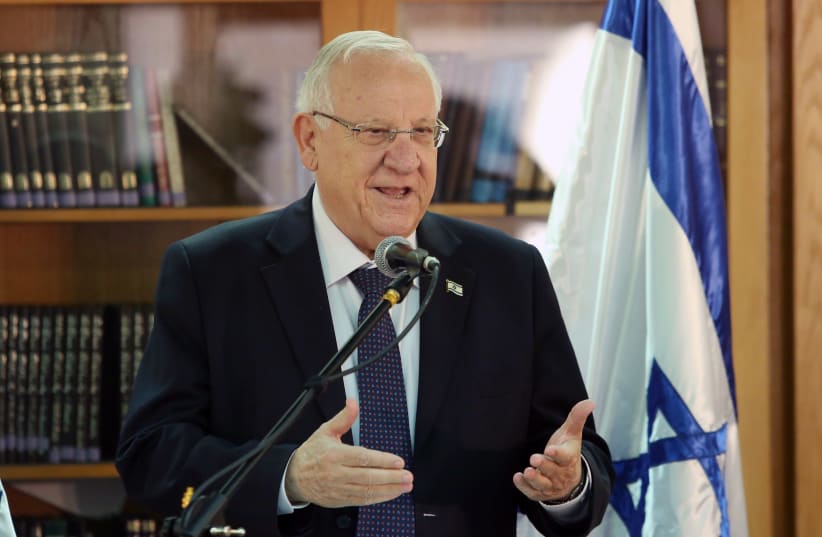'We are connected' Rivlin tells Jewish Media Summit participants
He noted that some of the leading figures in contemporary Jewish history such as Theodor Herzl, Nahum Sokolov and Benjamin Ze'ev Jabotinsky "were writers and reporters who told our story."
